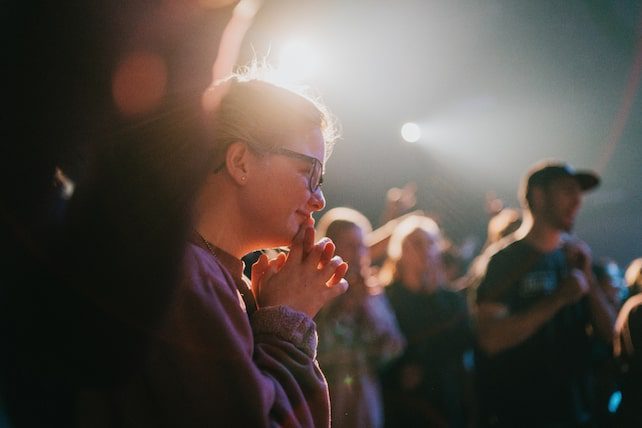In our fast-paced and often stressful world, the importance of mental health care cannot be overstated. Mental health issues affect millions of individuals and their families, leading to a growing need for accessible and effective support systems. Counselors and churches play distinct but complementary roles in providing mental health care within communities. It is essential to understand that these two entities are not in competition but rather should collaborate to ensure the well-being of their congregations and communities.

The Role of Counselors in Mental Health Care
Counselors are highly trained professionals who specialize in providing mental health care to individuals and groups. They possess the knowledge and expertise needed to diagnose and treat a wide range of mental health conditions, such as depression, anxiety, and trauma.
Here are some key reasons why counselors are indispensable in the realm of mental health care:
- Specialized Expertise: Counselors undergo extensive education and training to develop their skills in understanding and addressing mental health issues. They employ evidence-based therapeutic techniques and interventions to support individuals in their journey to better mental health.
- Confidentiality: One of the hallmarks of counseling is the strict adherence to confidentiality. Clients can trust that their personal information and discussions will remain private, which is crucial for building a safe and secure therapeutic relationship.
- Individualized Care: Counselors tailor their approach to each client’s unique needs and circumstances. This personalized care helps individuals navigate their specific mental health challenges effectively.
- Crisis Intervention: Counselors are equipped to handle crisis situations, providing immediate support to those in acute distress. Their training enables them to assess risk and take appropriate actions to ensure the safety of their clients.
- Long-Term Support: Mental health issues often require ongoing support and treatment. Counselors offer a consistent presence and guidance throughout a client’s journey to recovery, helping them build resilience and coping skills.

The Role of Churches in Mental Health Care
Churches have been integral parts of communities for centuries, offering spiritual guidance, fellowship, and support. While churches do not replace the expertise of mental health professionals, they play vital roles in mental health care within their communities:
- Accessibility: Churches are often the first point of contact for individuals facing emotional and mental challenges. They provide a familiar and accessible environment where people can seek help without fear of judgment.
- Spiritual Support: Spirituality and faith are instrumental in the healing process. Churches offer spiritual guidance and a sense of belonging that can be deeply comforting during times of mental distress.


